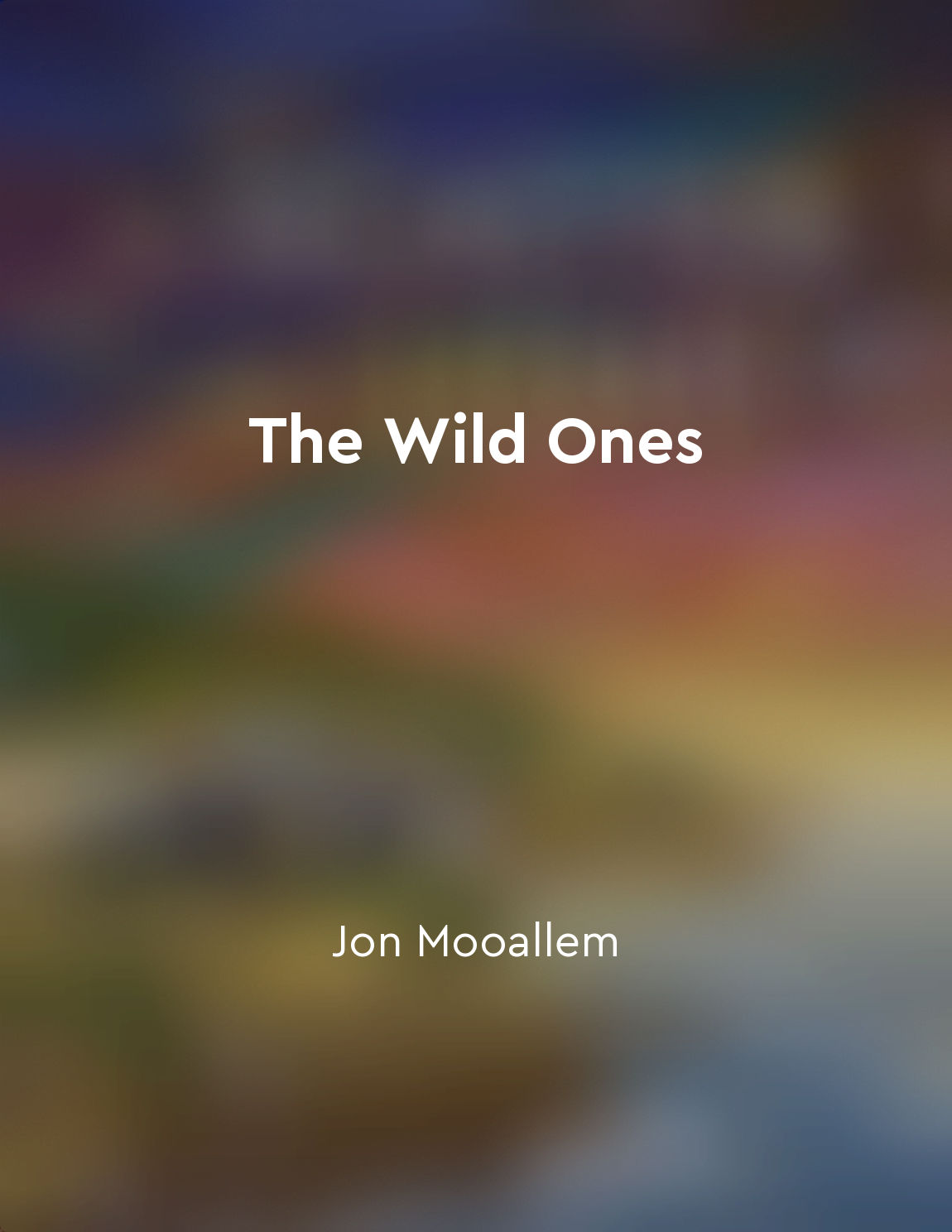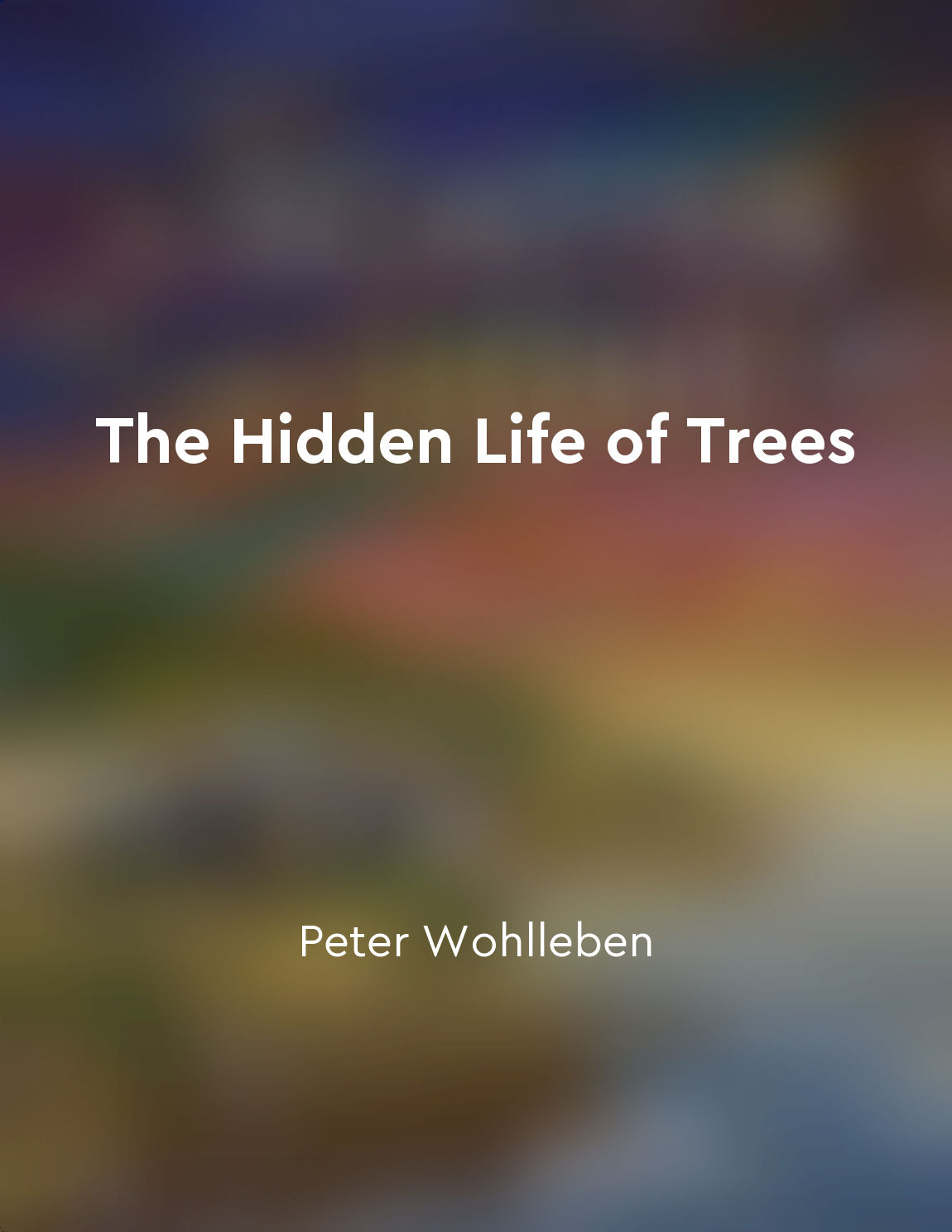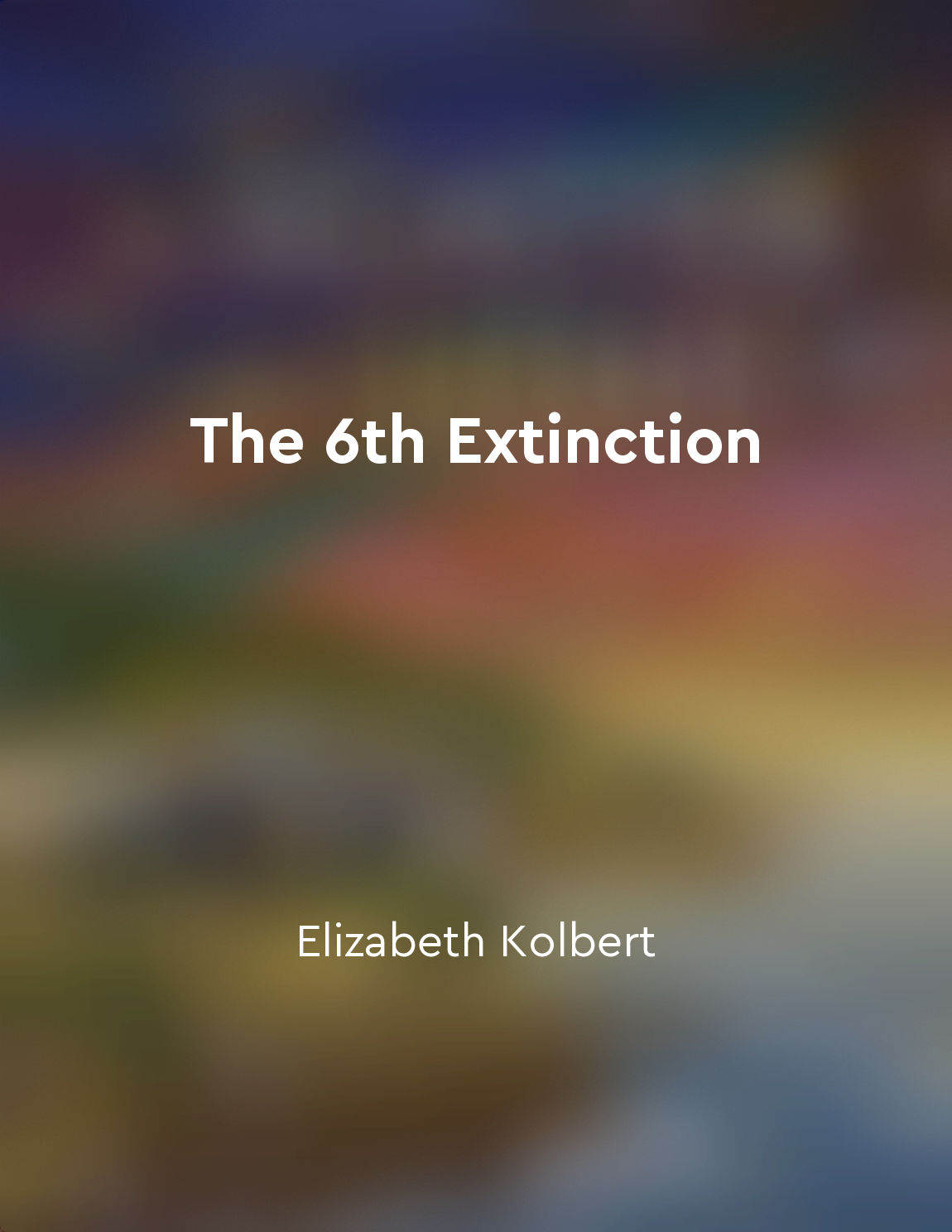Audio available in app
The extinction of keystone species can have profound impacts from "summary" of The Sixth Extinction (10th Anniversary Edition) by Elizabeth Kolbert
The disappearance of key species can set off a chain reaction within an ecosystem. This is because some species play a unique and crucial role in maintaining the balance of their environment. These key species are known as "keystone species." Their presence or absence can have far-reaching consequences for other organisms in the ecosystem. When a keystone species goes extinct, it can lead to a domino effect that disrupts the entire ecosystem. Without the keystone species to regulate certain populations or control certain behaviors, other species may overpopulate or behave in ways that are detrimental to the ecosystem as a whole. This can ultimately result in a collapse of the entire ecosystem. For example, the extinction of the American chestnut tree due to a fungal blight had significant repercussions on the forests of eastern North America. The American chestnut tree was a keystone species that provided food and habitat for numerous other species. When it disappeared, many of these species suffered as well, leading to a cascading effect on the entire forest ecosystem. Similarly, the extinction of the passenger pigeon in the 20th century had profound impacts on the ecosystems of eastern North America. The passenger pigeon played a vital role in dispersing seeds and shaping the structure of forests. Its disappearance led to changes in forest composition and structure, affecting many other species that depended on the passenger pigeon for survival. The loss of keystone species highlights the interconnectedness of species within an ecosystem. Each species, no matter how small or seemingly insignificant, plays a role in maintaining the delicate balance of nature. When a keystone species is lost, it can have ripple effects that reverberate throughout the entire ecosystem, ultimately leading to its destabilization and collapse. To prevent such catastrophic outcomes, it is essential to recognize the importance of keystone species and take steps to protect and conserve them. By preserving these key species, we can help ensure the health and stability of ecosystems for future generations.Similar Posts

Humans' interactions with wild animals shaped by societal norms
Throughout history, societal norms have played a significant role in shaping humans' interactions with wild animals. These norm...

Trees adapt to their environment over time
Trees have an incredible ability to adjust to the conditions of their environment. They are not passive entities that simply ex...
Land degradation increases
Land degradation is a critical issue that is becoming more prevalent in our world today. The degradation of land is occurring a...
The loss of species can have cascading effects on ecosystems
Losing a single species may seem like a minor event, but in reality, it can trigger a chain reaction that reverberates througho...
The interconnectedness of life is fascinating
The intricate web of connections that thread through the living world is a source of endless fascination. Each organism, no mat...

The sixth extinction is a wakeup call for humanity to change its ways
The sixth extinction event, which is currently underway, serves as a stark reminder of the impact that human activities are hav...
We must take action to combat climate change
The urgency of addressing the impacts of climate change cannot be overstated. The evidence is clear: the Earth is warming at an...
Sustainability as guiding principle
The concept of sustainability as a guiding principle is grounded in the idea that human activities should be in harmony with th...

Coral reefs are particularly vulnerable to environmental changes
Coral reefs, with their intricate structures and vibrant ecosystems, are often described as the "rainforests of the sea". Howev...
Humans have the power to mitigate climate change
The idea that humans have the power to mitigate climate change may seem daunting at first, given the scale of the problem and t...
